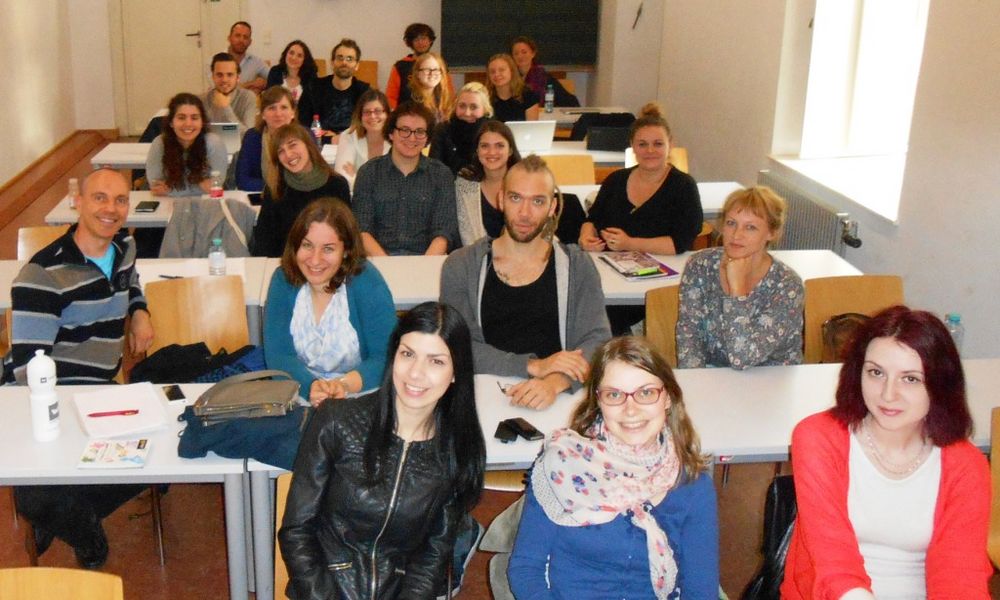My teaching career points to the deep and lasting value that the Fulbright Program makes possible. In 2013 I was a Fulbright visiting professor in Austria, teaching a seminar on the Eurovision Song Contest at the University of Vienna with students from across Europe who wanted to understand the role of popular music and culture in the formation of contemporary European national identities. Back in 1989-90 I had also been a Fulbright scholarship student in Budapest, Hungary, experiencing first-hand the momentous changes that realigned Europe and the rest of the world with the fall of Communism. I’ll never forget my experiences as a student amidst those revolutions—marching in Prague in November 1989, visiting a Romanian family in Bucharest to find out what their lives were like under the dictatorship that had just fallen, teaching English to schoolchildren at a summer camp on Lake Balaton. These experiences significantly shaped my understanding of the world and of the ways people interact and learn from each other across seemingly insurmountable cultural, economic, and political divides. The research I do on the song contest and the teaching I do back in the United States would not be possible without the lessons I learned through the Fulbright Program both as a student then and as a scholar today.
Ivan Raykoff was a US Fulbright Scholar in Vienna in 2013–14 and is a professor at The New School in New York City. Photos courtesy of Ivan Raykoff.
